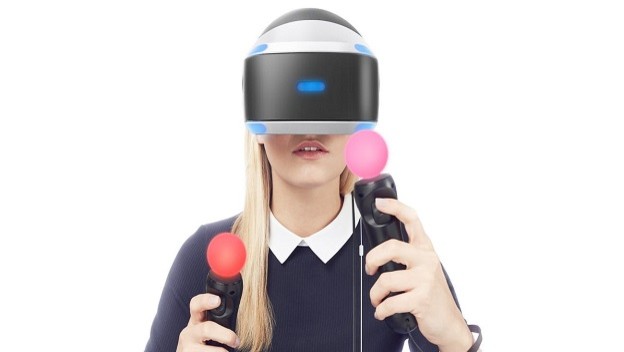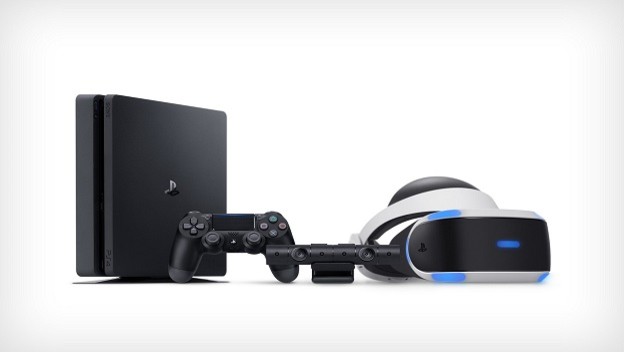One hot debate in video games is whether or not virtual reality is valid as a form of gaming. The argument is less about the quality of the games, although that is certainly a topic some address, and more about the likelihood that the technology will be adopted. It makes sense, too. For decades, we’ve seen companies attempt virtual reality, the most notorious of which was Nintendo’s headache manufacturing machine, the Virtual Boy. When Palmer Lucky started shopping around the Oculus Rift, the conversation about the technology’s validity was reignited and, since then, we haven’t been able to come up on a clear answer. Sony’s PlayStation VR, however, might be the device that delivers.
One of the major issues with virtual reality is that it was prohibitively expensive. Now, this is nothing new for new technology, and early adopters often have to shell out huge amounts of money. Consider the price drops we’ve seen for things like Blu-ray players, HD televisions, and even new consoles. We rarely doubt the potential of these products though, so why do we with virtual reality? Well, for one, it’s a radically different prospect. Most people had limited means of even experiencing VR, so how could they make an informed decision? Beyond that, in a world that rapidly adopts tablets for their computer needs, few people own the sort of computer needed to run virtual reality. The PlayStation 4 is pretty popular in households though, and that fact brings down the cost of the VR experience considerably. And, these days, the headset itself for PlayStation VR isn’t all that expensive. These simple facts go a long way.
Beyond that, Sony seems to have made a concentrated push to support the technology, which is a surprise as it has frequently dropped technologies in the past. It even managed to revive one of these old, dropped technologies, in the form of the PS Move stuff. VR appears to be a blessing for Sony and the support the occasionally wishy-washy company is throwing behind it instills confidence in players. During the time developers have been learning how to create enthralling virtual reality experiences, Sony has been tracking them and obtaining some of the biggest, breakout hits. It also acquired exclusives like the adorable adventure game, Moss.
Recently, it has bundled some of the best games together in something called the PS VR Mega Pack. It includes everything a gamer needs to get the headset up and running, as well as Doom VFR, The Elder Scrolls: Skyrim VR, Astro Bot Rescue Mission, Wipeout: Omega Collection, and PS VR Worlds. The variety in this bundle should allow for gamers to share the experience with a variety of gamers and PS VR Worlds is particularly good for showcasing the technology to a party of people. Combine this pack with the fantastic rhythm game, Beat Saber , and the familiarity of the newest Tetris game, Tetris Effect , and you can see that the audience for VR could potentially be quite large.

Hopefully, Sony continues this support. It certainly appears that it will. One of the things that could potentially hold its headset back is that the PlayStation 4 is considerably weaker than a VR-capable computer. The PlayStation 5, however, is apparently right around the corner. I would be extremely surprised if it didn’t support both the current headset and a future, new and improved one. New generations also have a tendency of dropping the price on old technology, so we could suddenly see a new burst of people adopting the technology.
It appears as though the moment for VR has come. Hulu frequently airs commercials for an Oculus Headset, showcasing how it could allow people to socialize with one another and recreate the experience of watching a film together in person through the power of virtual reality. I could very easily imagine Sony doing something similar in the future since they already have an app for Hulu VR on the PlayStation 4. Even if it doesn’t, it is still hard to refute that their product has been integral in establishing virtual reality as a valid technology.
